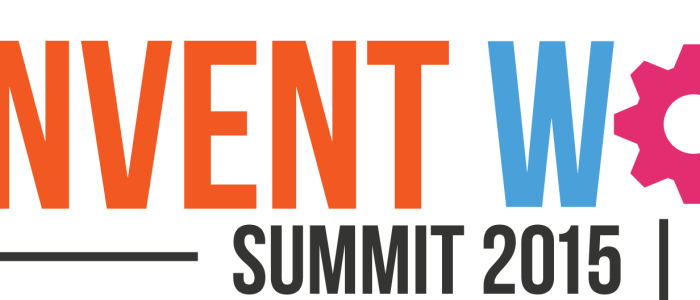When I left, it was becoming really corporate. I felt like my opinion and thoughts didn’t matter at all anymore.
That’s what I overheard this afternoon while settling in at a “coffice” to get some work done in between meetings in Toronto. The conversation continued, as the two women discussed work. I deduced that one of them had left the organization – I’ll call her the “quitter” – and the other still worked there – I’ll call her the “quitter that stayed”.
The “quitter” shared how as the culture of the organization changed, she felt less and less involved. The job she once enjoyed turned into a plain old “job” where she just did the bare minimum to get by. Rules were put in place, hierarchy became more apparent, and everything felt less “human”. She left to find work that engaged her.
The “quitter that stayed” talked about how the problems the quitter had experienced continued in the organization. People were unhappy, felt mistreated, but there was nobody to go to. Apparently, they had also done away with HR. The quitter that stayed did her basic job and went home and didn’t worry much about work other than doing enough to not get fired. Although, if she was fired, she was sure she’d at least get some form of compensation package, so that wouldn’t be too bad.
This interaction highlights the big problem with the current state of engagement in the world of work. Gallup recently reported almost 70% of workers are not engaged or actively disengaged. I didn’t have enough time to find out whether the quitter that stayed was simply not engaged or actively disengaged, but regardless, it’s a problem. 
Imagine playing football with a team that followed these percentages. If you were the quarterback, you’d be on the field with 3 players who have your back, are actively running full out for the ball, protecting you from getting sacked, and giving their all. Of the other 7 players, 2 of them would be running the other way – actively working against the team, and the other 5 players are biding their time on the field, meandering but not stretching to catch the ball or putting themselves in the way of the defence to protect you. This last group is similar to the quitter who stays in the organization. This team has little chance of succeeding.
It’s no wonder we’re seeing many organizations struggling today, with engagement rates the way they are. There is an immense need to change the way we are leading work in organizations. It’s not just disengagement. There are several factors that I see as creating a perfect storm for change – we wrote about them in our Blueprint for Workplace Reinvention. Some of them are the economic pressures in organizations, causing us to need to get more done with less; the impact of globalization on competition for talent; the rise of the millennial generation who are much more focused on meaningful work and more apt to leap into entrepreneurialism; and the equalizing effect that social media is having, forcing transparency by allowing everyone to share an inside look at your organization.
Take a look around your organization. Are people actively bringing 100% of themselves to work every day? Are they excited about what they are accomplishing and where your organization is heading? Are they able to contribute, and do they feel that their voice is heard? If you’re answering no to any of these, chances are your corporate culture has created quitters who are staying in your organization.
Doing an engagement survey once a year isn’t enough to identify this and make changes before it’s too late. Look for signs. Create ways to involve employees in projects and initiatives that matter to them. Provide autonomy and accountability. As I often say, we spend way too much time at work for it to suck – and people love to work when their work matters and when they feel valued and like they can make a difference. Looking for unique ways of engaging and involving employees?


